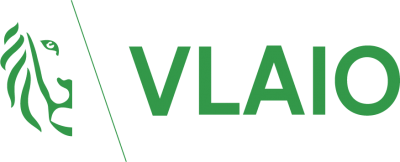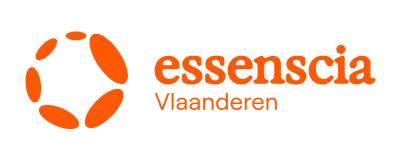Topics
We organise our actions in six thematic & strategic agendas:
Strategic Agendas:
Bio-economy
Circular Construction
Chemicals/Plastics
Manufacturing Industry
Food Chain
Water Cycles
Seven leverages provide additional support:
Leverage effects:
Lever Policy Instruments
Lever Circular Procurement
Lever Communication
Lever Innovation & Entrepreneurship
Lever Financing
Lever Jobs & Skills
Lever Research
What, why and how?
Why are we pursuing a circular economy?
Future visions 2050
How do we see our circular future?
About our management
Who steers what at Flanders Circular?
Cabosse Naturals
Cabosse Naturals uses the pulp and skin of the cocoa fruit as a raw material for new, innovative products.
For centuries, we have been making chocolate from cocoa beans, but did you know that 70% of the fruit surrounding it is thrown away? Cabosse Naturals, a start-up by Barry Callebaut, wants to upcycle that pulp and skin and introduce it into the food chain. The peel is dried and ground into a nutritious powder, while the pulp is pressed. Cabosse Naturals filters and pasteurises the juice to make a concentrate.
Every year, some 14 million tonnes of cocoa fruit are harvested worldwide to make chocolate from the beans. The rest of the fruit, which equals 70% of the harvest, is not used. This means that around 10 million tonnes of fruit waste disappears into the rubbish heap every year. Cabosse Naturals decided that this had to change and developed a strong ecological chain to upcycle the entire cacao fruit. The pulp is pressed into a fruity juice and the skin is dried and ground into a powder that can be used for various applications.
Thanks to the new ingredients, Cabosse Naturals is creating a new generation of food and drink products that are tasty and nutritious, while contributing something to the planet and people. These include ice cream and sorbet, drinks, cocktails and mocktails, snack bars, yoghurt, dessert, and sweets.
The testing of these new products takes place on Flemish soil: Barry Callebaut's site in Wieze is the largest in the world and plays a role as an innovation hub.

















